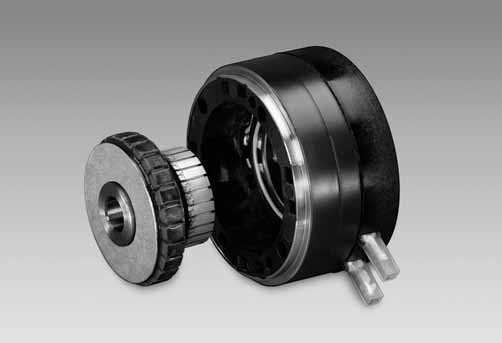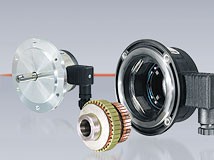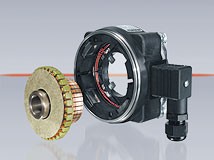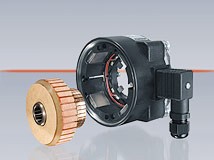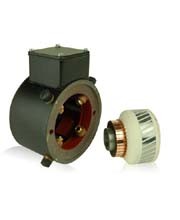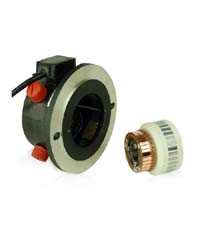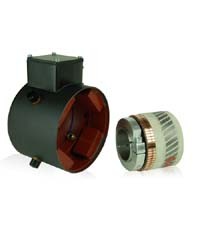A generator is a piece of equipment which produces electrical power from mechanical energy. The mechanism is usually activated by the turning of a shaft. Generally speaking, the voltage produced will be proportional to the speed of the shaft, providing there is no resistance. Using this basic premise, generators can be made to produce specific and precise voltages in relation to the shaft speeds. This makes them ideal as a measurement device and a generator made for this use is called a tachometer or tachogenerator. They are often used to measure the speeds of engines and motors, and the equipment they power. In a working environment this could be machine tools or conveyor belts, in fact any moving part which requires adjustment or monitoring. The hollow-shaft version refers to a different design inside the motor which allows the use of four magnetic poles rather than just two. They are designed to cope with a lower load and lower tachometer voltage.

Sole UK Distributors of Italsensor Encoders
Official stockists/distributors of Baumer Hubner, IVO and Thalheim products
Stockists of Radio Energie/Precilec/Zodiac Aerospace Tacho Generators






